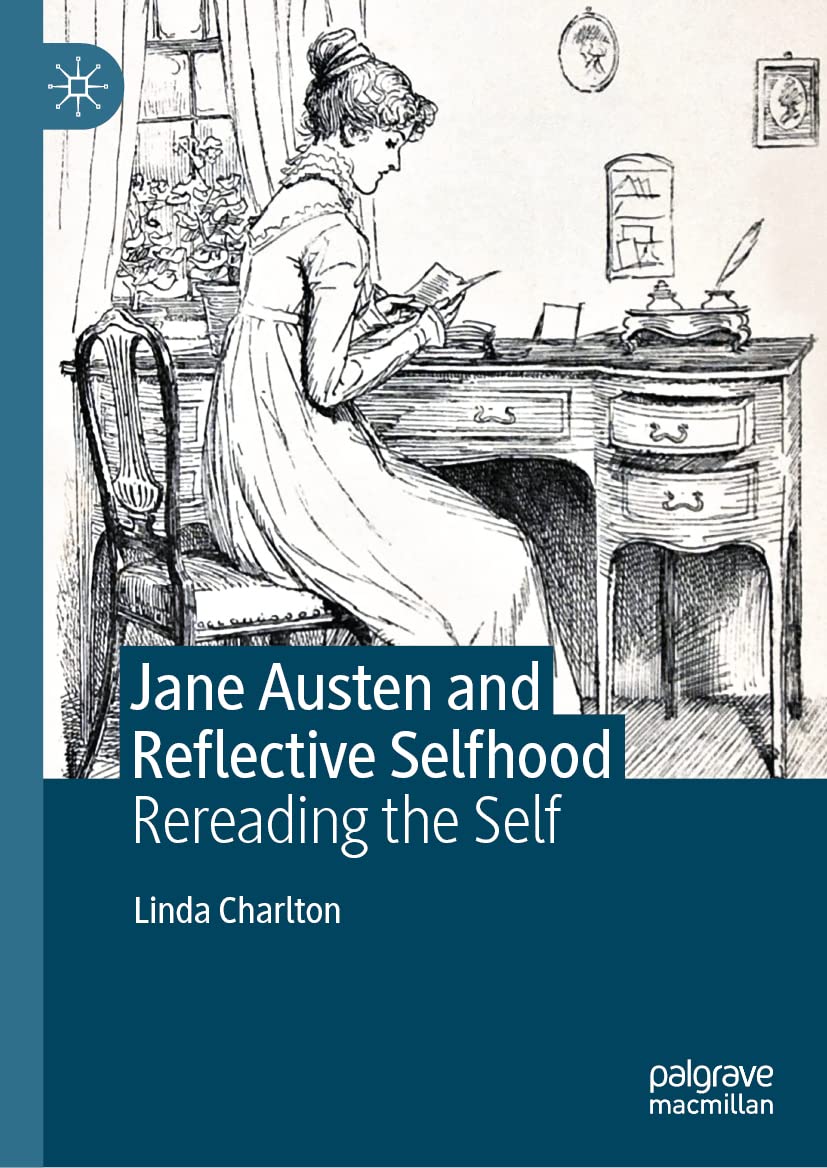

Most ebook files are in PDF format, so you can easily read them using various software such as Foxit Reader or directly on the Google Chrome browser.
Some ebook files are released by publishers in other formats such as .awz, .mobi, .epub, .fb2, etc. You may need to install specific software to read these formats on mobile/PC, such as Calibre.
Please read the tutorial at this link: https://ebookbell.com/faq
We offer FREE conversion to the popular formats you request; however, this may take some time. Therefore, right after payment, please email us, and we will try to provide the service as quickly as possible.
For some exceptional file formats or broken links (if any), please refrain from opening any disputes. Instead, email us first, and we will try to assist within a maximum of 6 hours.
EbookBell Team

0.0
0 reviewsThis book makes connections between selfhood, reading practice and moral judgment which propose fresh insights into Austen’s narrative style and offer new ways of reading her work. Itgrounds her writing in the Enlightenment philosophy of selfhood, exploring how Austen takes five major components of selfhood theory―memory, imagination, probability, sympathy and reflection―and investigates their relation to self-formation and moral judgement. At the same time, Austen’s narrative style breaks new ground in the representation of consciousness and engages directly with contemporary concerns about reading practice. Drawing analogies between reading text and reading character, the book argues that Austen’s rendering of reading and rereading as both reflective and constitutive acts demonstrates their capacity to enable self-recognition and self-formation. It shows how Austen raises questions about the potential for different readings and, in so doing, challenges her readers to reflect on and reread their own interactions with her texts.